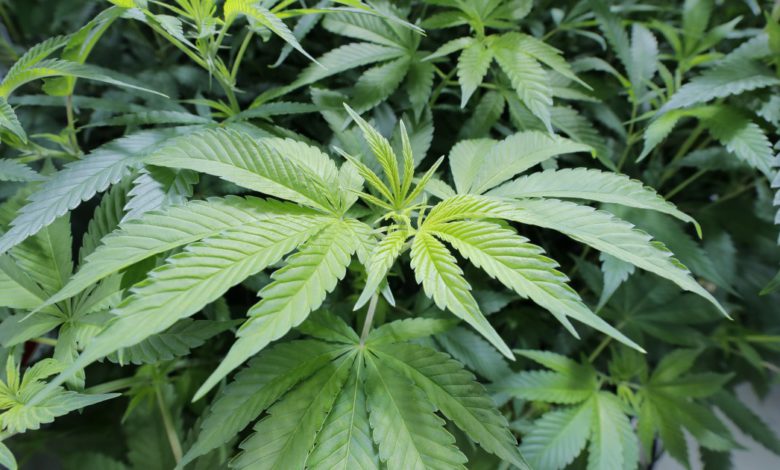
We’re taking a look at changes in the marijuana research industry that will make it easier for studies to be conducted.
Change is in progress that could make a big difference in the way medicinal marijuana is sold.
This week in federal court, oral arguments will begin to get cannabis out of the Schedule 1 drug classification.
That could lead to things like insurance coverage on medical purchases since companies often look to federal law for guidance.
“The fact that that marijuana is in Schedule 1, and therefore it is a violation of federal law to use it, possess it, manufacture it, distribute it, has bearing on risk assessments and it has bearing on what insurance companies are willing to cover,” said Shane Pennington, Counsel at Vicente Sederberg LLP.
But this case isn’t black and white. Since there are so many different strains, cannabis plants don’t fit the typical standard for FDA approval.
“In order to have it currently accepted for medical use in the United States under DEA’s test, a substance has to have a repeatable chemistry and that's tough when you have a plant, especially one as complex and sort of variant as or varying as cannabis is,” said Pennington.
Something that was just approved by the DEA is scientists being able to use different strains of marijuana for medical research. Previously, they could only source the drug from one federally-approved company.
Having more accurate research is a big step that could make doctors feel more confident about prescribing marijuana.
“And it's hard for a lot of physicians to wrap their heads around, let me write you a recommendation for medical cannabis, knowing that there are hundreds of different compounds in the plant that might impact the way a person responds,” said Betty Aldworth, Communications and Policy Expert with the Multidisciplinary Association for Psychedelic Studies.
Aldworth says the boom in medicinal research that will come from this could have an impact in other areas as well.
With more information on the drug, it could lead to changes in criminal penalties for the 14 states that haven’t yet legalized medical use.








